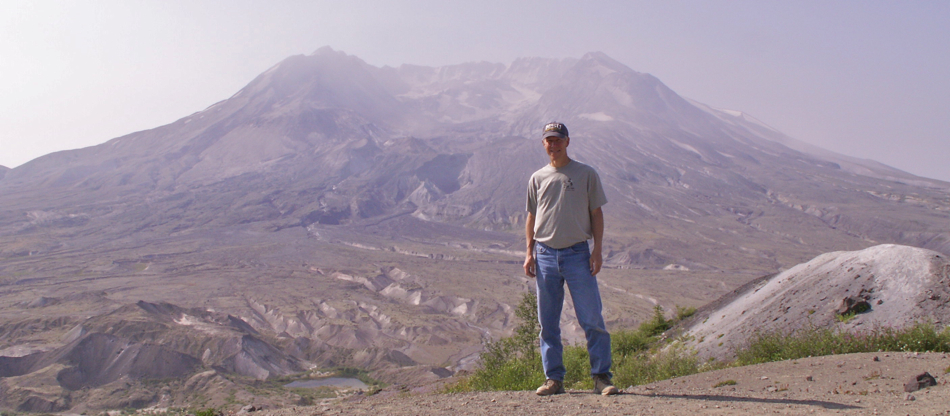

|
|

Every year I get inquiries from students (or their parents) who are struggling, or have grades that are lower than they would like them to be. They typically ask what they (the student) should do to bring their grade up. Often these are students who hand everything in, take good notes, have good attendance, and behave in class. That's all good, but their is much more to being a good student. Here are some suggestions.
1. According to experts, teenagers need 9.25 hours of sleep per night. If your cell phone is too much of a distraction, do NOT keep it in your bedroom! Perhaps parents should insist on this.2. Listen and THINK as I explain and show things in class. Many students have their eyes open and are taking notes, but hearing is different than really listening and thinking about what is being said. If I call on someone else, that's not your time to take a mental break. Think about the question that has been asked as if it were asked of you.
3. I give a minimal amount of notes, because I want students to listen and think. This is much more important than taking notes. I think many students believe that if they have shown up and written down the notes, they have done their part. These students also think that if they study their notes they will do well on the test. That is so WRONG! You need to listen and think in class. It has been my experience that this seems to be most difficult for freshmen during first period and seventh period. Get a good night's sleep and eat a good breakfast.
4. When you work in groups (labs, etc.), make sure you understand what is going on. Don't write down an answer if you don't understand why it is correct just because someone in the group came up with it. Many of the follow-up questions on labs are key concepts (and related to test questions). Don't always just "go along" with others in the group. THINK FOR YOURSELF! Ask your buddies why this they think an answer is correct.
5. If you don't understand questions on worksheets or labs, ask me about them, or come in before school to get help. It is not good to ask the next day as I am trying to get class started.
6. Take advantage of the resources that I have posted on my web site (select "Current Unit"). Although I use the text book, I do not follow it chapter by chapter. If you shut off your cell phone, turn off the TV and carefully focus on (watch, read, or listen to) the resources that are posted, it should help you understand the important concepts.
7. Use the review sheet to study for the test. Often we will go through the review questions on the day before the test. I think it is important to listen and think during this time. Many students spend the time frantically writing down answers as we go over the review sheet questions, and then hope to memorize them that night. NOOOOO! Listen and think so you know why that answer is correct. The test questions are typically multiple-choice, and they are related to the review sheet questions . . . but not the same.
8. If you do poorly on a test, come in and make corrections on your own time before or after school within the week after the test. If before or after school doesn't work for you, ask to come in during lunch. When you come in to make corrections, DON'T BE IN A HURRY . . and don't just guess again. Use your notes and handouts to search for correct answers.
9. Do not ask if there is any extra credit that can be done to bring your grade up. Any extra credit that I offer (very minimal) is built in to the assignments so that it is available to everyone.
 |
BACK to Mr. Benson's Earth Science Web Site |

Mt. St. Helens - August 11, 2012